FREE UK Delivery £25+
FREE UK Delivery £25+
Blog
about us
account

Omega-3 and Inflammation
December 11, 2019 2 min read 1 Comment
Omega-3 fatty acids can be oxidised (literally reacted with oxygen) to form beneficial eicosanoids. Eicosanoids are a type of cell signalling molecule that can modulate the expression of genes responsible for controlling inflammation and immune function throughout the body (1).
These vital molecules float around in your bloodstream, and work to balance out your body’s biochemistry.

https://unsplash.com/photos/wWT-ING8a0A
Studies have shown that eicosanoids function a little bit like hormones, but on a much smaller scale. When they work their way into a cell, they can switch on genes that help to regulate your blood pressure, constrict your blood vessels or encourage your body to manufacture more white blood cells (which is great!).
Omega-3 fatty acids are one of the only chemical compounds that can be used to produce resolvins(1); a class of eicosanoids that are thought to decrease the inflammation associated with conditions like metabolic syndrome (2), kidney failure (3) and atherosclerosis (4, 5).
Research conducted in America, the United Kingdom and Germany has established that Omega-3 fatty acids play an important role in maintaining our health, and protecting against inflammatory diseases (6, 7, 8).
If you think “inflammatory diseases” are a rare and unheard-of phenomenon, you’ll be surprised to learn that a large number of relatively common conditions have now been linked to cellular inflammation, including:
- Heart disease
- Stroke
- Diabetes
- Rheumatoid arthritis
- Alzheimer's disease
- Certain forms of cancer
- Asthma
- Various allergies (9)
What’s more, low Omega-3 intake is often associated with an increased risk of cardiovascular issues, depression, cognitive impairment and other health issues (10).
Now, we’re not saying that Omega-3 is a miracle cure-all - or that it’s capable of single-handedly reversing heart disease - but there is a definite link between these chronic diseases and cellular inflammation, and we do also know that Omega-3 fatty acids can help to reduce inflammation throughout the body.
Unfortunately, we also know that most of the western world is Omega-3 deficient. Two years ago, a journal called Progress in Lipid Research published a large meta-analysis that examined studies focussing on measuring blood levels of Omega-3 fatty acids in various countries around the world.
This meta-analysis found evidence of widespread Omega-3 deficiencies in most of the developed world, including countries in North America, Central and South America, Europe, the Middle East and Southeast Asia (11).
The only countries with adequate levels seemed to be those with coastal communities and a diet rich in fresh fish.

Now, it’s interesting to note that most (if not all) of the countries marked as “low” or “very low” are also struggling with a rising rates of chronic inflammatory diseases like ischemic heart disease, arthritis and diabetes (31).
Just a coincidence or could all this be linked? We’ll leave that one up to you!
SUMMARY: Many common diseases today are caused by inflammation within the body. Omega-3 helps to create compounds which reduce inflammation. A study found that most of the western world has inadequate levels of Omega-3. These same countries are also struggling with rising rates of inflammatory disease.
References
(1) https://www.ncbi.nlm.nih.gov/pmc/articles/PMC3257651/
(2) https://www.ncbi.nlm.nih.gov/pmc/articles/PMC3675900/
(3) https://www.ncbi.nlm.nih.gov/pubmed/16764555
(4) https://www.ncbi.nlm.nih.gov/pmc/articles/PMC4945585/
(5) https://www.ncbi.nlm.nih.gov/pubmed/28732558
(6) https://www.ncbi.nlm.nih.gov/pubmed/15544547
(7) https://www.ncbi.nlm.nih.gov/pmc/articles/PMC2675928/
(8) https://www.ncbi.nlm.nih.gov/pubmed/15630029?dopt=Citation
(9) https://www.health.harvard.edu/newsletter_article/Inflammation_A_unifying_theory_of_disease
(10) https://www.ncbi.nlm.nih.gov/pmc/articles/PMC5490608/
(11) https://www.sciencedirect.com/science/article/pii/S0163782715300333
1 Response
Leave a comment
Comments will be approved before showing up.
Also in The Omvits Blog

The Power of Running: How a 200 Mile Run to Wales Became a Meaningful Journey for a Great Cause
May 03, 2023 3 min read
We interviewed Andrew Thomas, who was preparing for a 200-mile marathon from London to Wales to raise funds for Maggie's Cancer. Read the article to know more about his adventure!
Subscribe
Sign up to get the latest on sales, new releases and more …
Recent Articles
-
The Power of Running: How a 200 Mile Run to Wales Became a Meaningful Journey for a Great Cause
May 03, 2023
-
Sneaky Ingredients To Watch Out For If You're Vegan
January 11, 2022
-
How To Do Veganuary If You’re On A Super Tight Budget
January 11, 2022
-
How To Satisfy Meat & Fish Cravings During Veganuary
January 11, 2022
-
Common Pitfalls Of Veganuary And How To Avoid Them
January 11, 2022
-
Simple Nutrition Advice For Veganuary And Beyond
January 11, 2022
-
Best Vegan Meat Alternatives To Try This Veganuary
January 11, 2022
-
5 Ocean Friendly Clothing Brands To Check Out This Month
June 21, 2021
-
12 Incredible Ocean Conservationists To Support This June
June 16, 2021
-
How To Do Something For World Ocean Day If You Can't Get To A Beach
June 08, 2021

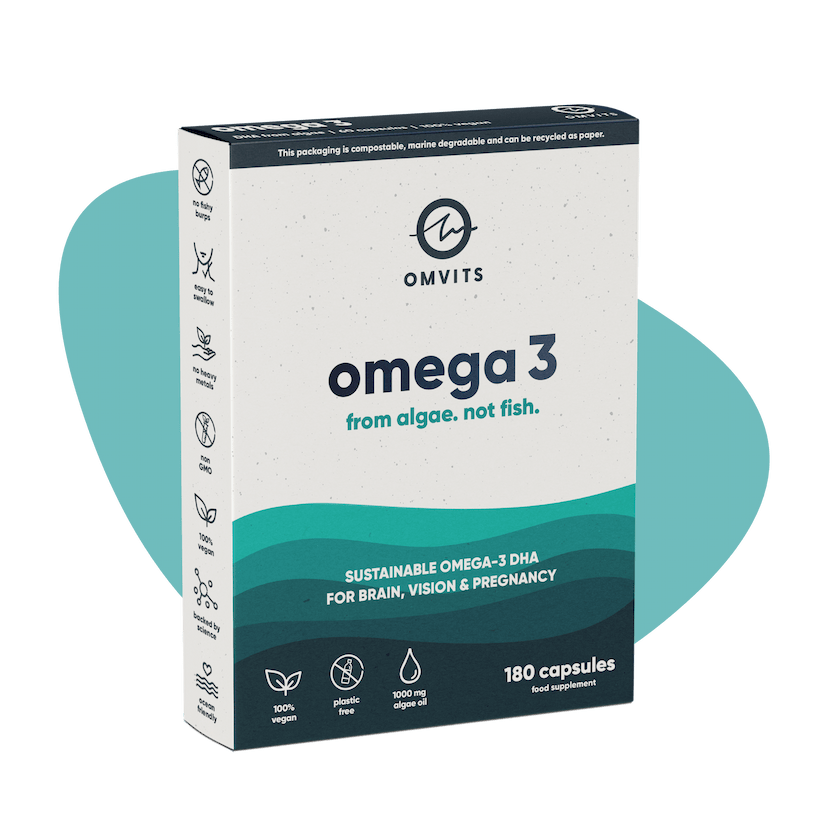
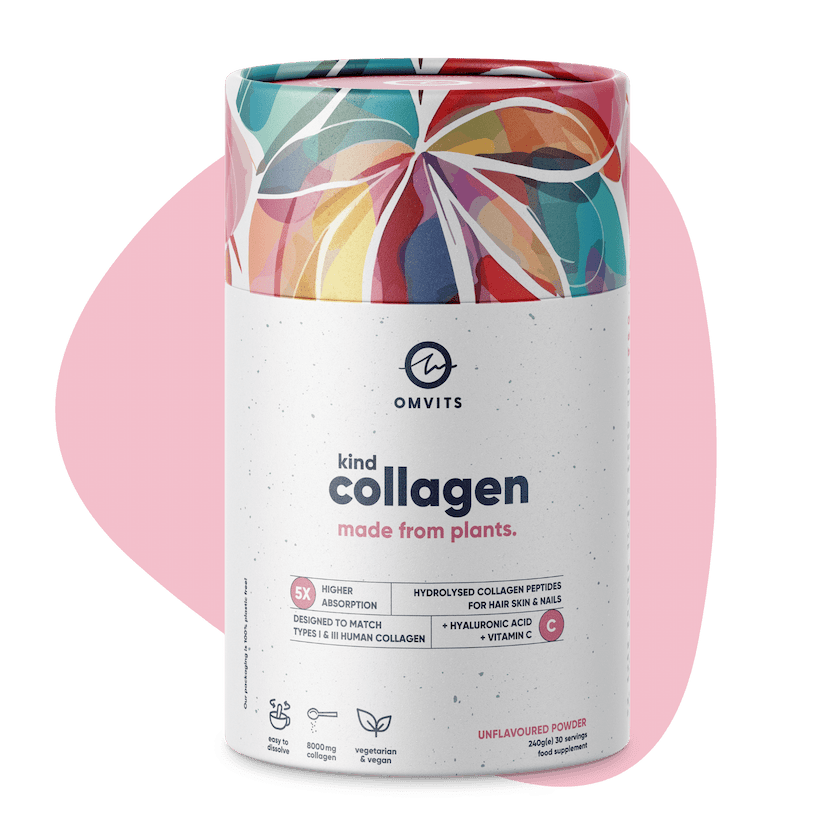
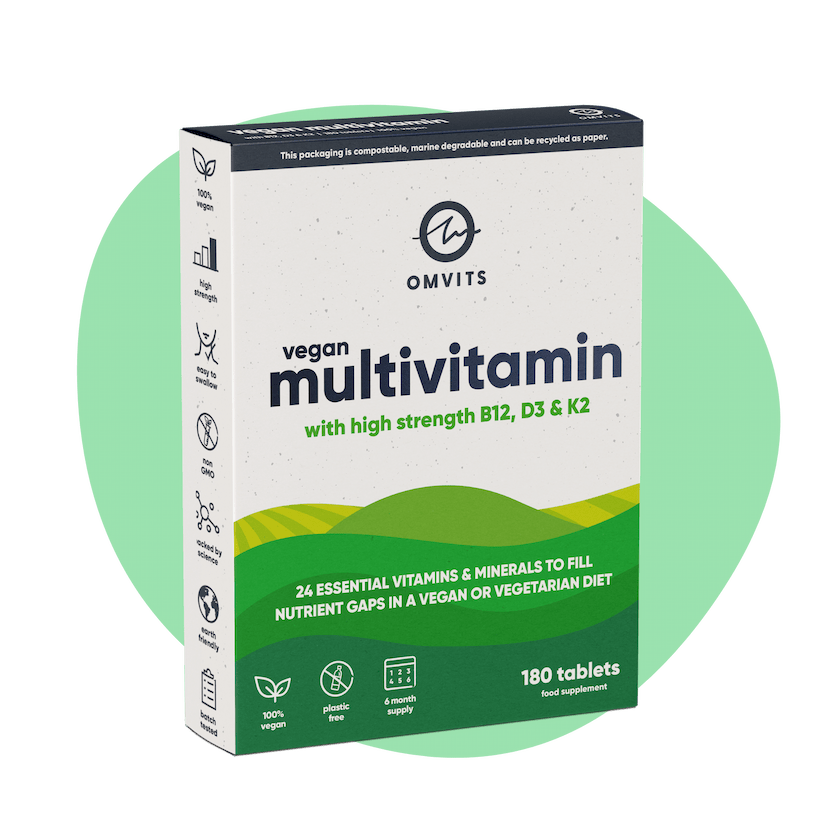
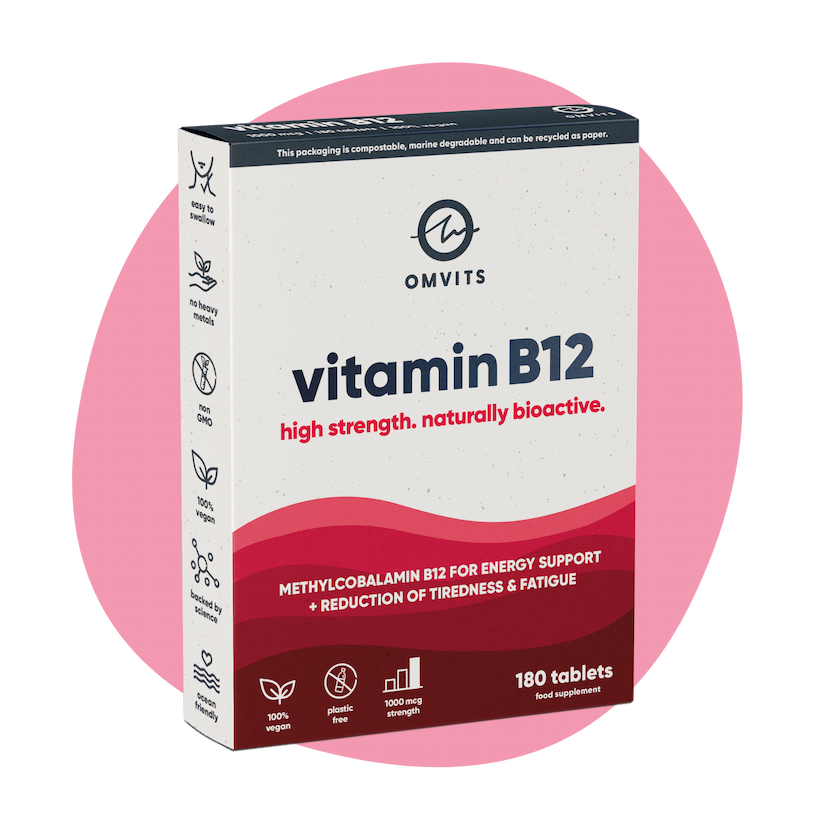



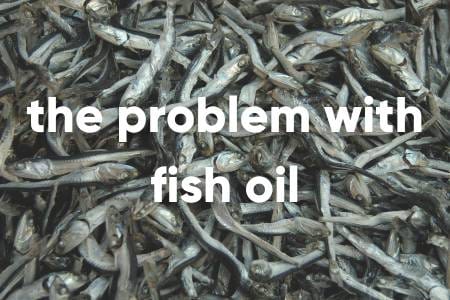









Cara1
June 29, 2020
Wow. I knew there was some differences between the 3 omegas but you’ve explained it really well without all the jargon. Brilliant post and so informative. Thanks 👍